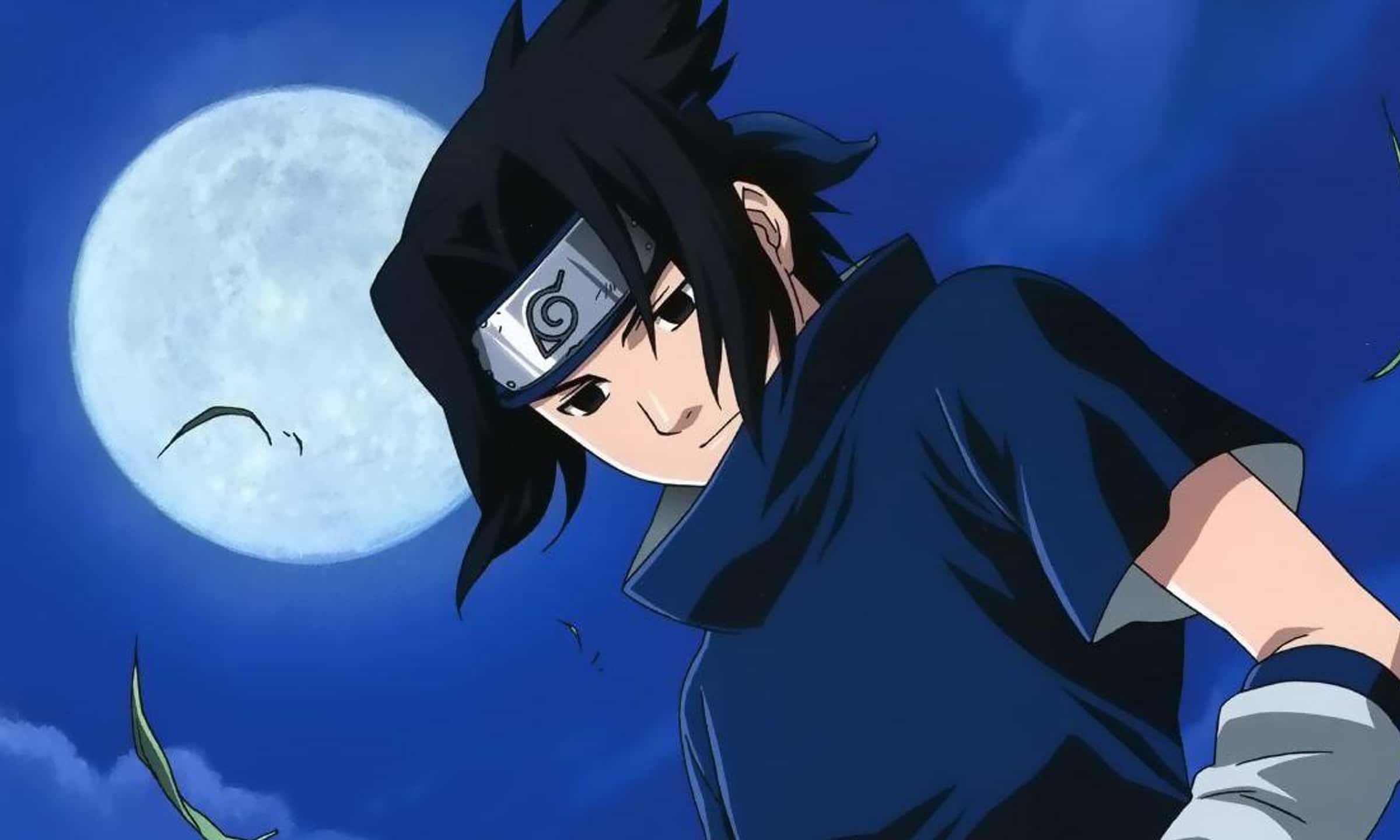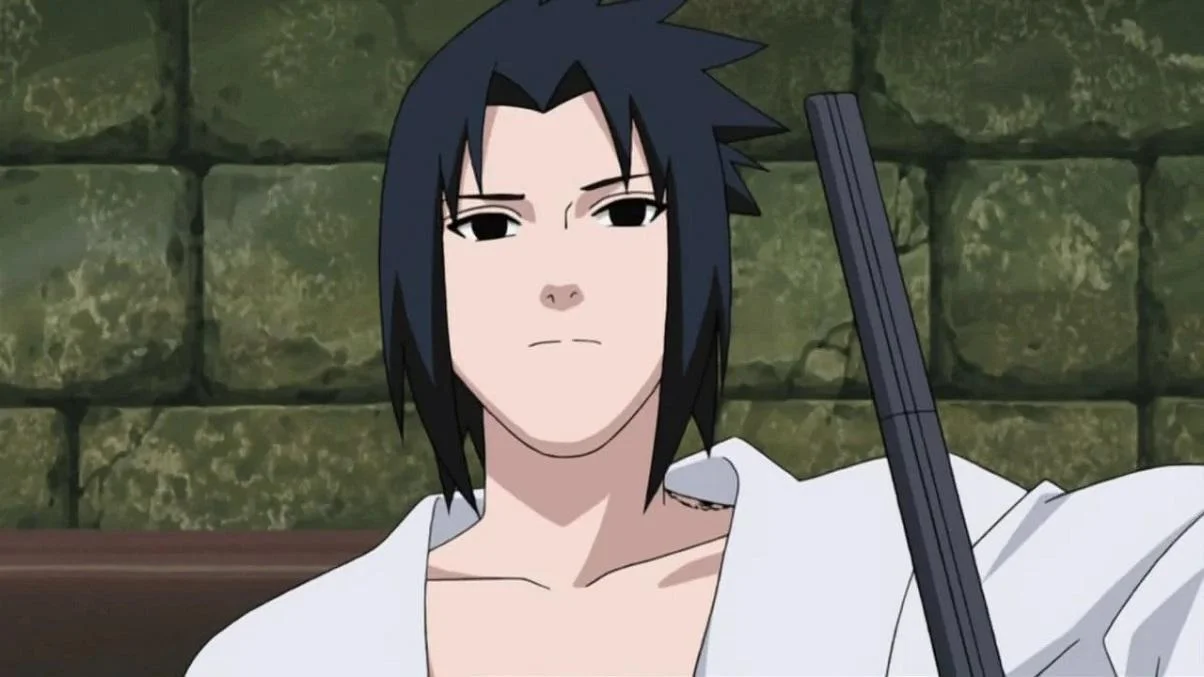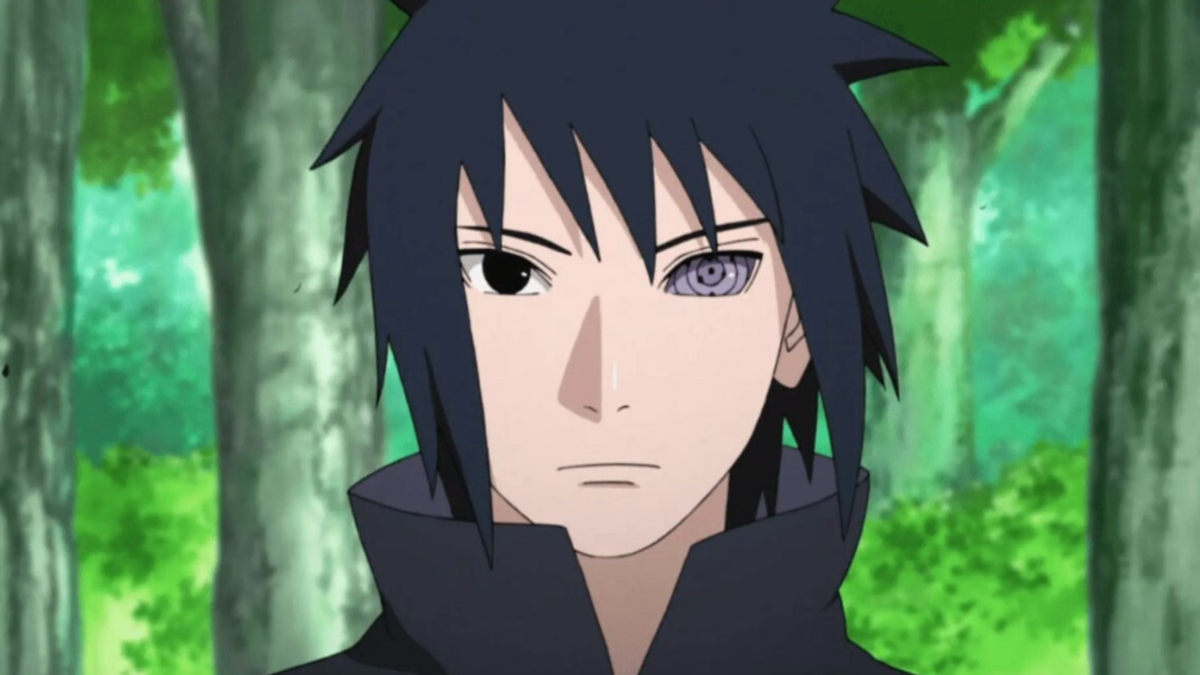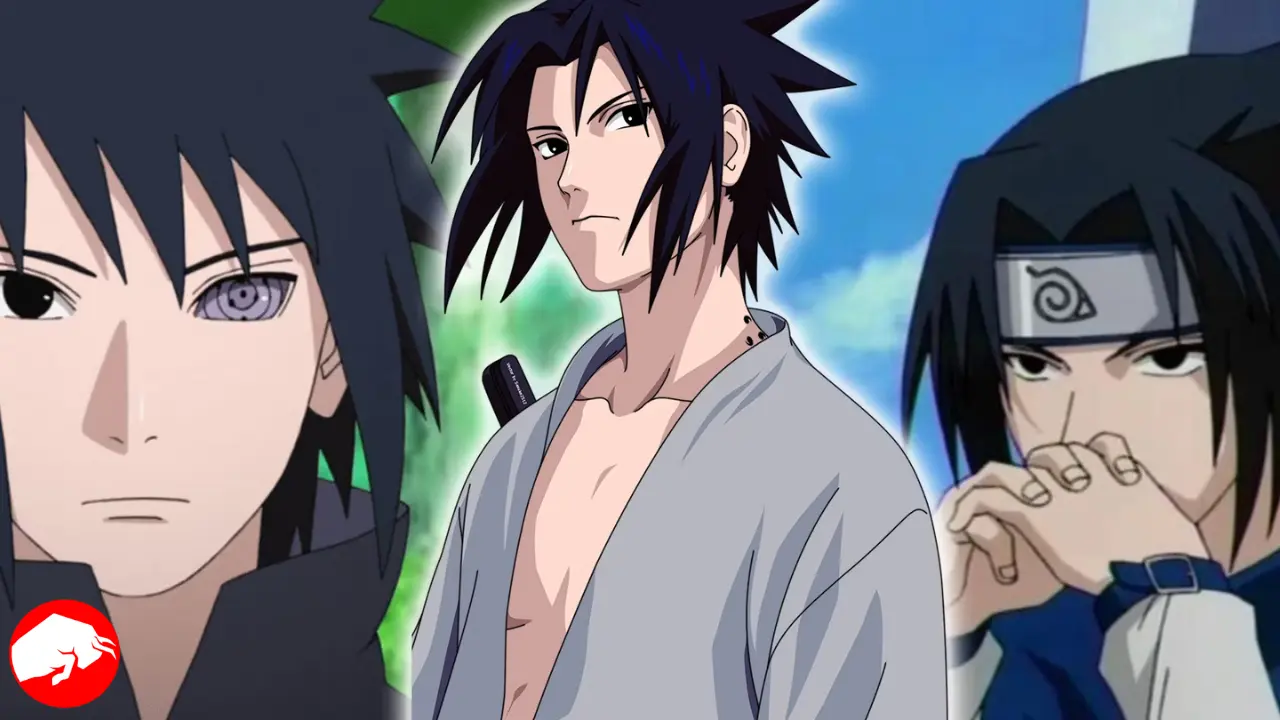In the vast universe of anime and manga, there are numerous characters that captivate audiences and become icons of their respective series. Among these, few have left as deep and lasting an impression as Sasuke Uchiha, a central figure in Masashi Kishimoto’s critically acclaimed series, Naruto. This character is not just known for his unique abilities and compelling design, but also for the intricate narrative woven around his life. Sasuke’s story is punctuated by enduring heart-wrenching personal tragedies, from witnessing the demise of his family to grappling with betrayals and dark desires.
As he ventures on this tumultuous journey, viewers observe his rise through the ninja ranks, a path filled with rigorous tests, fierce battles, and personal confrontations. More than just a tale of physical prowess, Sasuke’s progression stands as a poignant reflection of the challenges, dilemmas, and growth experienced by many characters in the ninja world. His development, both as a ninja and an individual, encapsulates the essence of resilience, ambition, and the never-ending pursuit of one’s ideals and goals.
Sasuke’s Childhood Trauma: An Unenviable Legacy
From a tender age, Sasuke was thrust into an unimaginably traumatic event that would scar him deeply and shape the essence of who he was to become. Experiencing the unthinkable, he witnessed the annihilation of his beloved Uchiha clan, all at the hands of his elder brother Itachi, who inexplicably left Sasuke as the sole survivor. This profound betrayal and heart-wrenching loss for a child to endure single-handedly determined the path he would follow for a significant portion of his life. As a result, Sasuke developed an all-consuming obsession: to amass unparalleled strength and abilities, all with the singular purpose of avenging the fall of the Uchiha clan by taking down Itachi.
Yet, there’s an essential aspect that many followers of the series sometimes fail to emphasize or even remember. At the time of these harrowing events, Sasuke was barely transitioning from childhood to adolescence. He was at an age where his psyche was still forming, where emotions ran high, and understanding of the world around him was still limited. Such a traumatic event at this tender age can deeply distort one’s perspective and priorities. Recognizing this fact, while not necessarily justifying all of his decisions and actions, certainly offers a lens through which we can gain a more compassionate insight into why Sasuke behaved the way he did.
Navigating Early Years: Sasuke in Naruto

At the beginning of the iconic series Naruto, Sasuke Uchiha is a young boy, aged around 12 or 13 years. This places him in the same age bracket as his fellow teammates Naruto Uzumaki and Sakura Haruno. The three of them form Team 7, mentored and trained by the seasoned ninja, Kakashi Hatake. Together, they are sent on a multitude of missions, each varying in its level of difficulty and stakes.
From the get-go, Sasuke displays an incredible knack for ninjutsu and combat. Despite his tender age, his abilities surpass those of many older shinobi. The rapid maturation of his Sharingan, a kekkei genkai unique to the Uchiha clan, and his adeptness in mastering the lightning-infused Chidori technique, stand as testament to his innate talents.
However, as the series progresses, it’s clear that Sasuke’s achievements in the realm of shinobi arts are overshadowed by the tumultuous storm of his internal struggles. He grapples with a past marred by tragedy and the weight of avenging his fallen clan. While many of the series’ fans criticize his decision to leave the village and align himself with the sinister Orochimaru, it is essential to consider the context.
When viewed through the prism of his young age and immense emotional baggage, this choice illustrates the desperation of a young boy who is willing to take extreme measures to attain the power he believes he needs. This journey, laced with both triumphs and tribulations, makes Sasuke one of the most complex and debated characters in the series.
Adolescence and Growth: Sasuke in Naruto Shippuden

The saga of Naruto Shippuden commences with the spotlight on a more matured Sasuke, who is now around 16 or 17 years old. This particular phase in his life marks a dramatic shift in not just his physical prowess but also in his mental fortitude. Under the shadowy and devious tutelage of Orochimaru, one of the legendary Sannin, Sasuke has transformed into a formidable force, almost unrecognizable from his previous self.
His encounters during this period are not just tests of his skills but also profound insights into his evolving character. Notably, his confrontations with the newly reassembled Team Seven, which comprises of his former comrades, showcase a Sasuke who has become colder, calculating, and more relentless in his pursuits. Gone is the young boy seeking validation, replaced by a ninja whose ambitions and means to achieve them are unquestionably extreme.
Yet, the most defining moment of this era in Sasuke’s journey is undeniably his eagerly-awaited face-off with his elder brother, Itachi. This duel isn’t just about physical might; it is a clash of ideologies, legacy, and deep-seated emotions. Even when faced with overwhelming odds, and the weight of the past on his shoulders, Sasuke’s tenacity shines through. He stands firm, offering the audience a clear depiction of his growth, both as a shinobi and as an individual. By the time Naruto Shippuden draws to a close, there’s an unequivocal acknowledgment of Sasuke’s exponential rise in both skill and maturity, marking him as one of the series’ most intricately developed characters.
Redemption and Fatherhood: Sasuke in Boruto: Naruto Next Generations

Fast forward to the era of Boruto, and Sasuke Uchiha has transitioned from the impulsive, vengeful young ninja of his youth to a mature, seasoned shinobi in his early thirties. Over time, the tumultuous and intense experiences he has faced have shaped his character. Yet, even with the passage of time and evident growth, he remains a deeply polarizing figure among the people of Konohagakure and other shinobi nations. Naruto Uzumaki’s decision to forgive and embrace Sasuke after their intense battles was undeniably a turning point in Sasuke’s life. This act showcased the strength of their bond and their shared dream.
However, society at large hasn’t been as understanding or forgiving as Naruto. This reality weighs heavily on Sasuke’s conscience, prompting him to continually seek ways to atone for the sins and mistakes of his past.
While Sasuke’s appearances in the Boruto series may be infrequent, they are highly significant. Among these, Sasuke’s role as a father is prominently highlighted. This fresh facet of his life brings out a previously unseen tenderness and vulnerability in him. His relationship with his daughter, Sarada Uchiha, stands as a testament to this. Their interactions, filled with deep affection, understanding, and mutual respect, signify the evolution of the Uchiha legacy. With every interaction, there’s hope that their bond might be the very thing to finally break the historic chain of hatred and vengeance that has long plagued the Uchiha lineage.
In retrospect, Sasuke Uchiha’s journey from a grief-stricken boy to a reflective adult is a testament to the intricate tapestry of human emotions, resilience, and growth that the Naruto universe portrays so beautifully.









